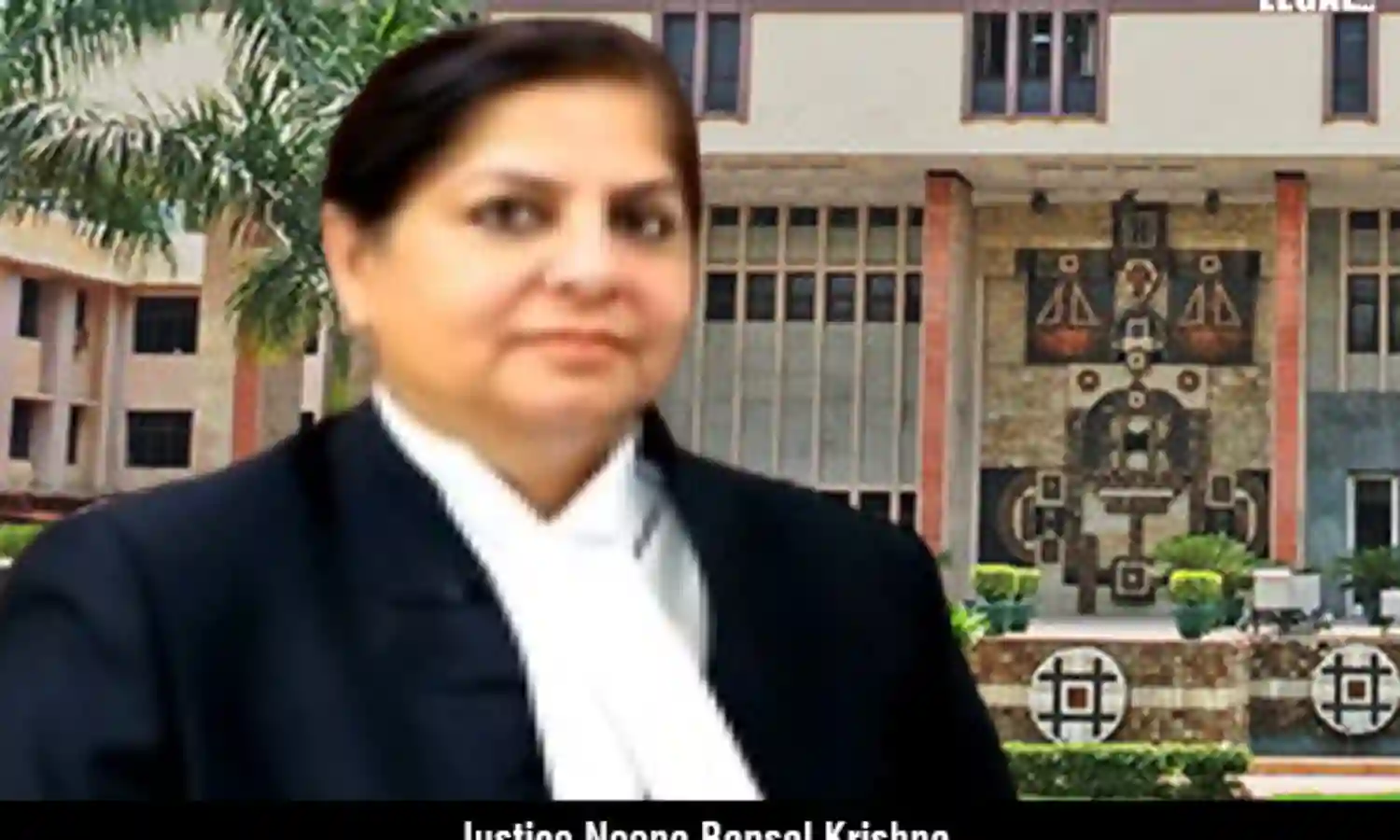Delhi High Court: Contractor's Delay Determination Must Be Arbitrated; Only Damages Quantum Non-Arbitrable
The Delhi High Court, Justice Neena Bansal Krishna, ruled that determining whether there was a delay on the part of the;

Delhi High Court: Contractor's Delay Determination Must Be Arbitrated; Only Damages Quantum Non-Arbitrable
The Delhi High Court, Justice Neena Bansal Krishna, ruled that determining whether there was a delay on the part of the contractor is not an excepted matter; only the assessment of the quantum of damages is non-arbitrable.
The bench held that: “The question of the determination of delay is not an accepted matter, has to be necessarily arbitrated, and is an arbitrable dispute.”
The petitioner argued that the contract for constructing an elevated road was awarded to the respondent with an initial completion period of 18 months. The project began on 11.09.2008, with an original completion date set for 10.03.2010, which was later revised to 01.10.2010. However, on February 10, 2011, the respondent requested an extension, indicating that the remaining work needed to be completed before a completion certificate could be sought. The petitioner, observing that the work was still incomplete at the time of the request, set a new completion date of November 25, 2011, and subsequently imposed liquidated damages amounting to 10% of the contract value. This led the respondent to file a petition under Section 9 of the Arbitration and Conciliation Act, 1996, seeking to restrain the petitioner.
During the interim period, the respondent invoked the arbitration clause, leading to the appointment of a sole arbitrator despite the petitioner's objections, who argued that the matter of liquidated damages was an "excepted matter" and not subject to arbitration. The arbitrator determined that the project was completed on September 22, 2010, absolving the respondent of any delay and invalidating the petitioner's claim for liquidated damages.
Aggrieved by this award, the petitioner approached the Delhi High Court (High Court) and filed a petition under Section 34 of the Arbitration Act. The petitioner contended that the arbitrator's conclusions were contrary to the explicit terms of the contract and had overlooked pertinent records and evidence. It was also argued that the arbitration proceedings were conducted unfairly and lacked transparency.
The respondent maintained that its claim for the declaration of the completion date was valid and not an "excepted matter" under the contract, asserting that it had completed the project without delay.
The High Court referred to the Supreme Court's decision in ONGC v. Saw Pipes, emphasizing the criteria for setting aside an award based on violations of fundamental policy, the interest of India, justice or morality, or patent illegality.
To ascertain compliance with the fundamental policy of Indian law, the High Court held that the arbitral tribunal's approach must exhibit fairness, reasonableness, and objectivity within the legal framework. Patent illegality arises when there is a breach of substantive Indian law, the Arbitration Act, or relevant dispute resolution regulations. Referring to Hindustan Zinc Limited v. Friends Coal Carbonization, the High Court affirmed its prerogative to intervene if an award contradicts specific contract terms.
In Ssangyong Engineering & Construction Co. Ltd., the Supreme Court elaborated on "patent illegality," clarifying instances where arbitrators' actions fall within this ambit. It emphasized that a correct interpretation of a contract must be rational and logical, devoid of irrationality or perversity. If an arbitrator's findings stem from irrelevant considerations or ignore vital contract clauses, judicial review is warranted.
Addressing the petitioner's argument, the arbitrator noted that "excepted matters" under the contract did not necessitate further adjudication, as the agreement provided for a named adjudicator. The High Court held that while the quantification of damages may be an agreed-upon matter, the determination of the delay leading to such damages is arbitrable. Therefore, the High Court concurred with the arbitrator's decision to arbitrate the issue of delay, holding that this aspect was not excluded under the contract.
Consequently, the High Court dismissed the petition.

